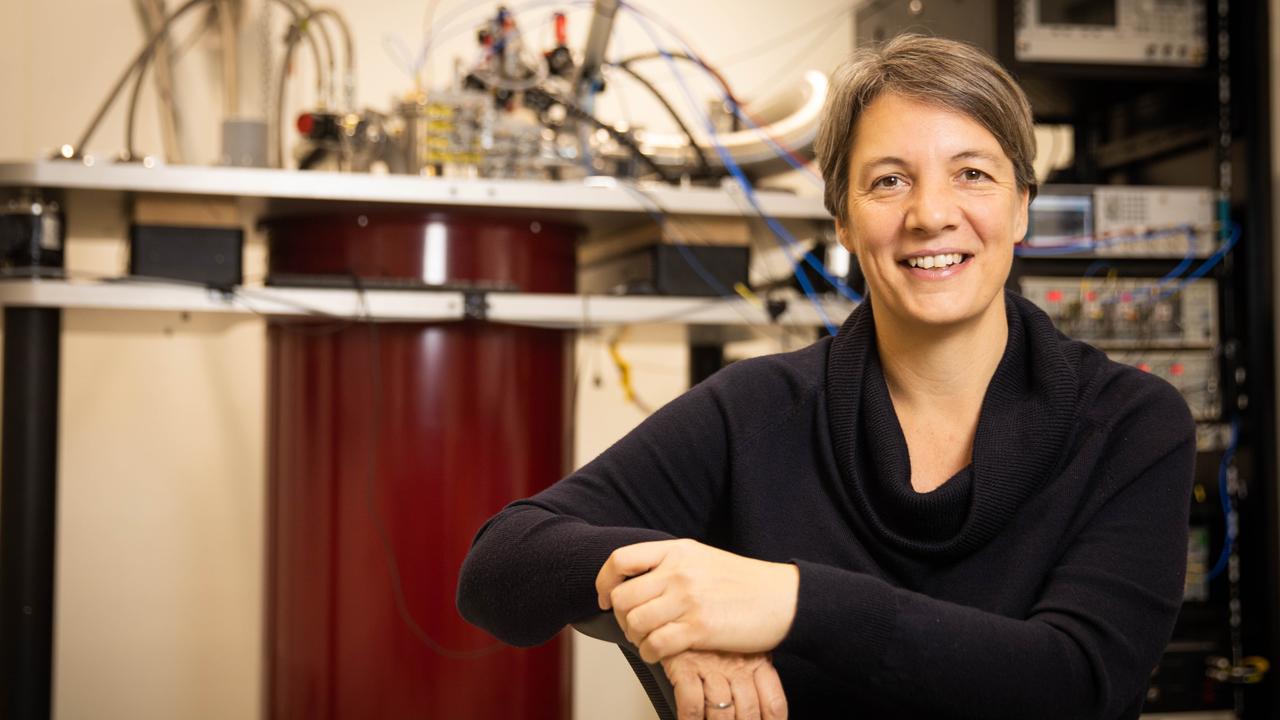Astronomical honour for CSIRO scientist Dick Manchester
Dick Manchester, a world leader in research on pulsars, will be awarded one of Australia’s highest scientific honours.

In today’s Higher Ed Daily Brief: the prince of pulsars, top ranking by George
Radio astronomer honoured
Dick Manchester, a doyen of Australian astronomy who is a world leader in research on pulsars, will be awarded one of Australia’s highest scientific honours. Dr Manchester led teams which discovered over 1700 pulsars, about 60 per cent of all that have been found.
The discovery of the first pulsars — which emit powerful, rapid pulses of radio waves — shook the astronomical world in the 1960s, leading some to speculate they were evidence of extraterrestrial life. They turned out to be rapidly spinning neutron stars whose magnetic fields concentrated their radio emissions in certain directions, forming beams which swept around the sky like a lighthouse. (Neutron stars are the remains of regular stars after they blow up in a super nova when their nuclear fuel is exhausted.)
The Australian Academy of Science will give Dr Manchester its Matthew Flinders medal in recognition of his achievements. In 1985 he published a seminal research paper on pulsars which, for the first time, gave an indication of how many pulsars exist in the Milky Way galaxy, how long they lived and how they evolved. In 1977 he co-authored the definitive book on the topic, called Pulsars, with Nobel prize winner Joseph Taylor.
The Matthew Flinders medal is awarded by the academy every two years in recognition of research of the highest standing in the physical sciences. Dr Manchester is an honorary fellow with CSIRO Astronomy and Space Science
George institute ranking
The George Institute for Global Health has been named by Times Higher Education as Australia’s top independent research body. The ranking, released this month, puts the George Institute at 33rd in the world. Its research is cited 3.3 times more than average for such independent research organisations.
George Institute director Vlado Perkovic said the result highlighted the importance of the institute’s collaborations with other organisations, including its affiliation with UNSW.
Other Australian independent research bodies to rank well include Box Hill Hospital at 36th, the SA Health and Medical Research Institute (40th), the Peter MacCallum Cancer Centre (48th) and the Woolcock Institute of Medical Research (52nd). The ranking is based on field-weighted citation impact, a measure of the number of citations moderated for differences in citations patterns across different fields of research and types of publications, among other things.


